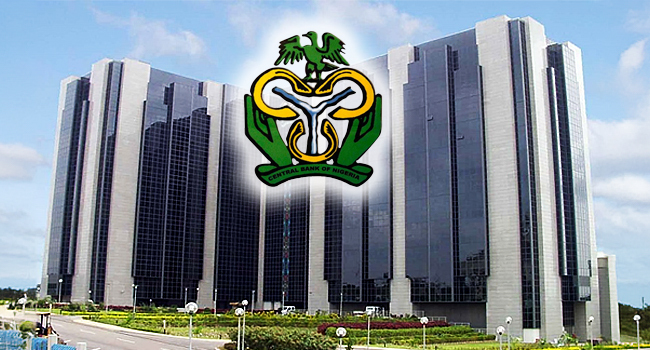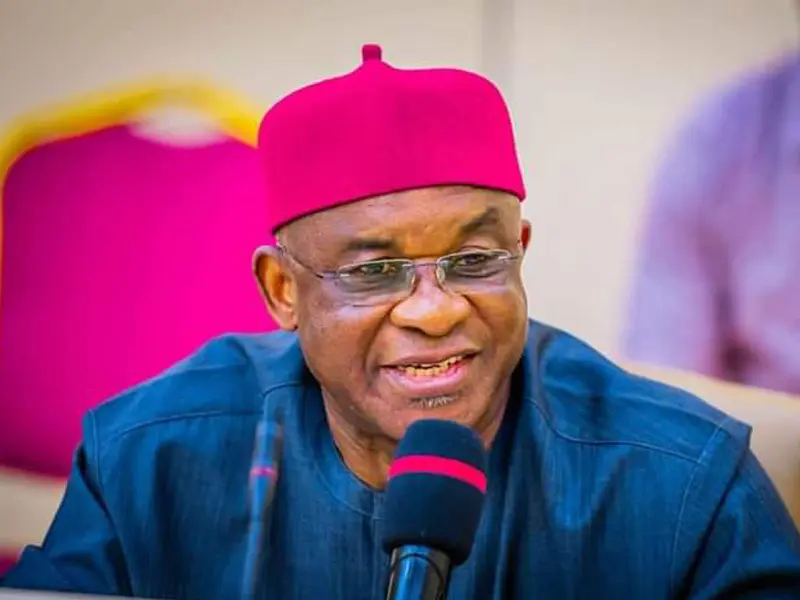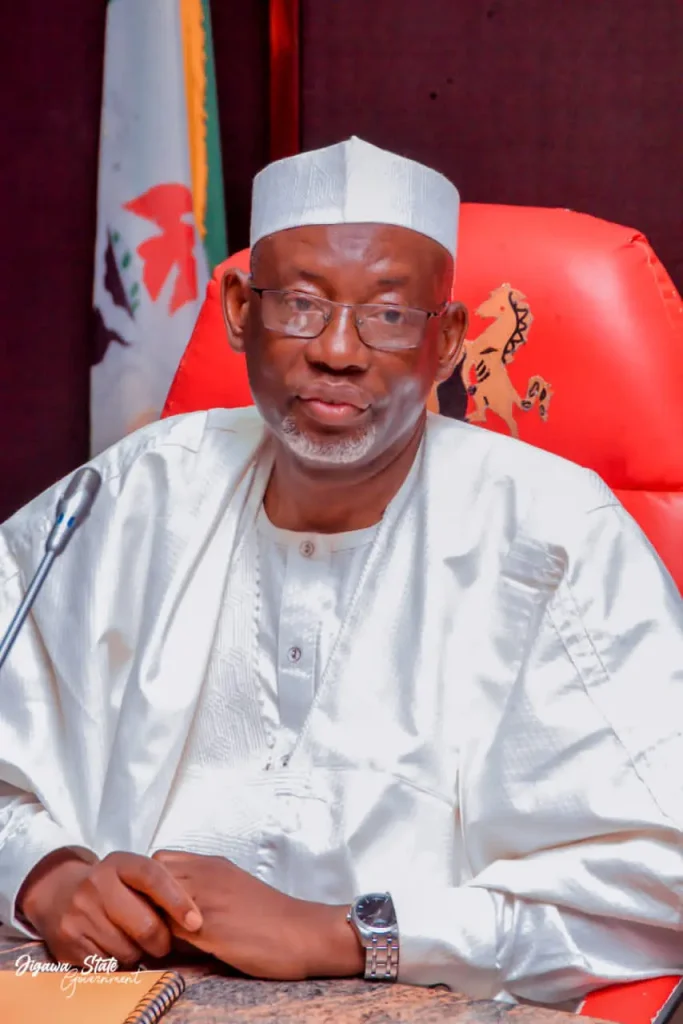In 2023, the global public health arena witnessed a mix of triumphs and tribulations, marking a pivotal year for the World Health Organization (WHO) and the collective well-being of the world’s population. Dr. Tedros Adhanom Ghebreyesus, WHO’s Director-General, reflected on the profound developments and crucial hurdles encountered during this eventful year, in his end-of-year message.
Dr. Tedros commenced with the groundbreaking declaration of the end of the COVID-19 pandemic as a public health emergency of international concern in May. This watershed moment signified a significant shift for the global community after enduring three arduous years marred by a crisis that deeply impacted individuals worldwide. The semblance of normalcy gradually returning was a testament to resilience and collaborative efforts.
Moreover, WHO’s pronouncement of the M-POX outbreak no longer constituting a global health emergency and the endorsement of novel vaccines for malaria, dengue, and meningitis underscored substantial strides in combatting diseases that pose a pervasive threat to millions, particularly the most vulnerable segments of the global populace.
The African continent celebrated major accomplishments on the health front, as Azerbaijan, Tajikistan, and Belize were declared malaria-free, and numerous neglected tropical diseases, such as sleeping sickness in Ghana, trachoma in Benin, Mali, and Iraq, as well as lymphatic filariasis in Bangladesh and Lao, were successfully eradicated.
Eradication efforts for the vaccine-preventable disease, polio, advanced significantly, with the finish line in sight. Additionally, the global drive to eliminate cervical cancer was augmented as thirty more countries introduced the Human Papillomavirus (HPV) vaccine. Furthermore, the imperative to address the health impacts of the climate crisis reached unprecedented political prominence, as health secured a central position on the agenda of COP28, and a global declaration on climate and health was issued.
However, amidst these noteworthy achievements, Dr. Tedros solemnly acknowledged the persistent suffering and health hazards that persisted throughout the year. He condemned the barbaric attacks on Israel by Hamas, the devastating toll inflicted on Gaza, and the distressing reports of gender-based violence and mistreatment of hostages. Moreover, he emphasized the urgent need for a ceasefire in conflict zones, as the impact of war and armed hostilities in locations like Sudan, Ukraine, Ethiopia, and Myanmar perpetuated immeasurable suffering and impeded health services and humanitarian aid.
Dr. Tedros also highlighted the grave consequences of insecurity, poverty, and inadequate access to clean water and hygiene, which fueled the resurgence of infectious diseases, particularly the alarming increase in cholera outbreaks worldwide. Furthermore, he stressed the persistent gaps in emergency preparedness and response, emphasizing the need for heightened global readiness to avert future pandemics.
Amidst these challenges, Dr. Tedros expressed optimism for 2024, citing the ongoing negotiations for the historic Pandemic Accord. This global agreement aims to fortify collaboration, cooperation, and equity in pandemic preparedness and response, potentially fostering a safer and healthier world. As WHO culminates its 75th year, Dr. Tedros extended gratitude to health workers, partners, and colleagues, acknowledging their relentless dedication to achieving “Health for All.”
In conclusion, Dr. Tedros conveyed his heartfelt wishes for peace, health, and prosperity in the upcoming year, underscoring the collective hope for a brighter future for all global citizens.



